Backyard Crop Production
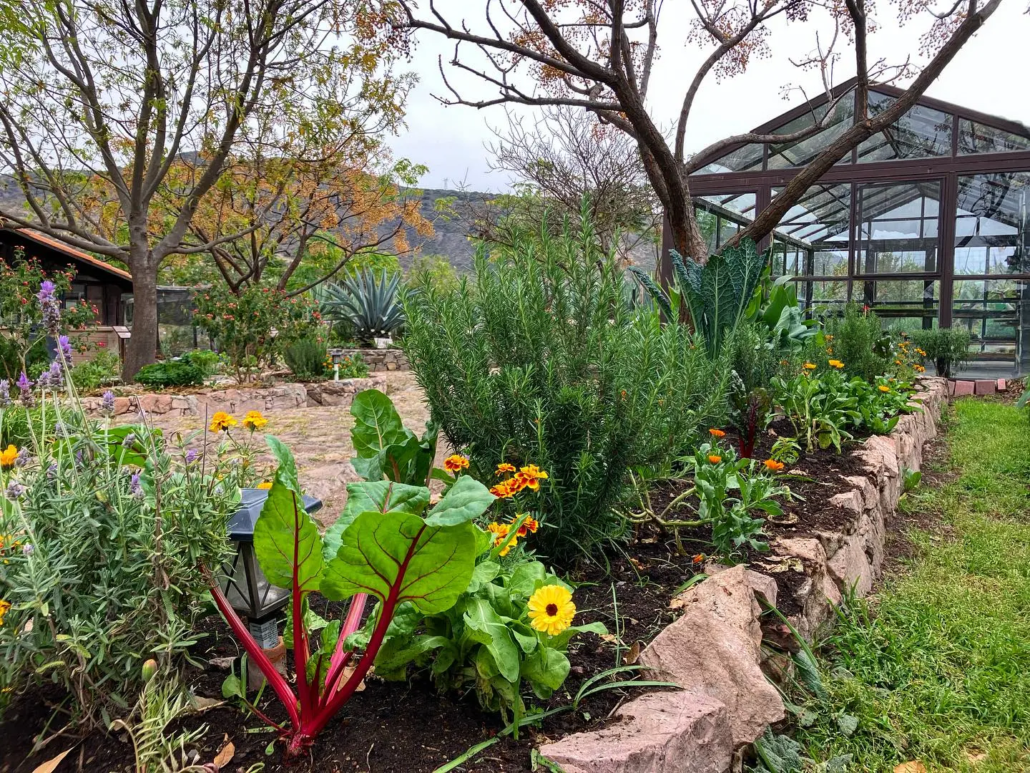
The diversity of vegetables, herbs and other species grown on the ranch are part of the ecological management of the garden. The proposal to produce healthy and delicious vegetables begins in the soil, building life and fertility with the use of green manures, the application of compost, biodynamic preparations, etc.
During your visit to the ranch you will notice that the soil is prepared to oxygenate and allow the roots to develop better by inoculating it with native microorganisms, which promote root health and plant nutrition.
More than 56 species are grown on less than a quarter of a hectare throughout the year on the ranch: vegetables, aromatic herbs, roots and more. Thanks to this mix, the presence of beneficial insects and the overall health of the garden is self-regulating.
You can start growing this season! Take advantage of the warm weather and start transforming your gardens and soil into edible areas full of vitality. We would like to extend an invitation to come to our tours and visit the agro-ecological park to learn more and start building your own vegetable garden at home!
Tours at the ranch Video tour with Azu and Rubí Plan your Vegetable Garden at Home
Infographics
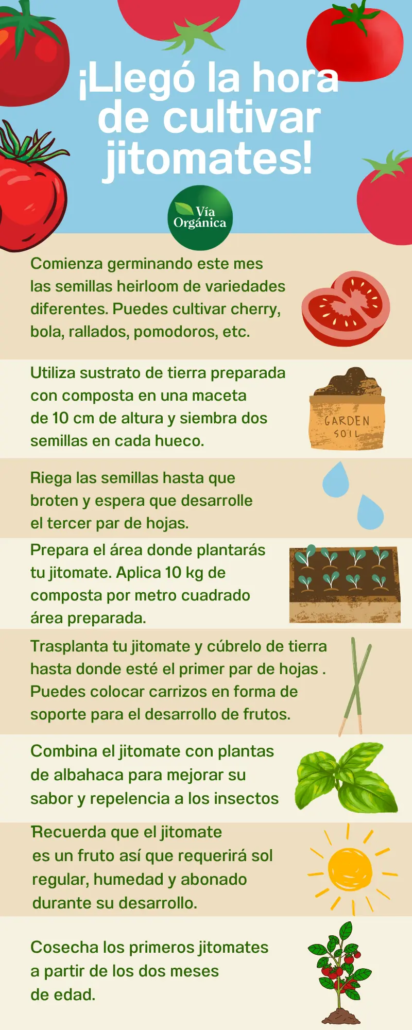
How to grow organic tomatoes at home Book a bike tour to see our Orchards
Seasonal Crops
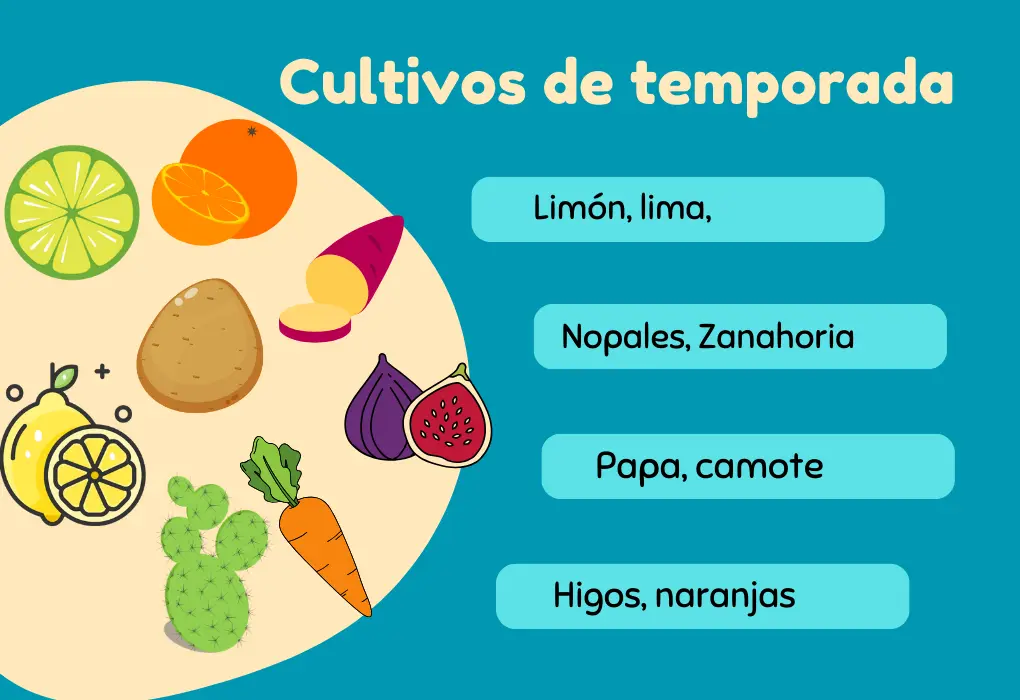
Visit Our Restaurant to See All Our Recipes with Our Seasonal Crops
Recipe of the Month
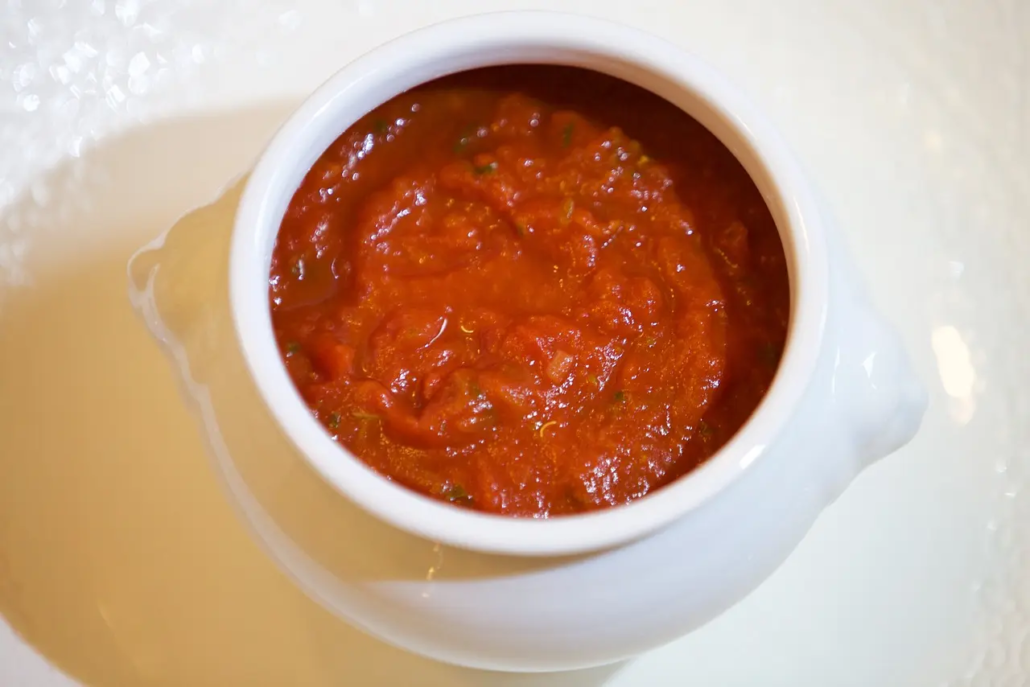
Tomato sauce for pizza
Ingredients
10 ripe tomatoes
1 medium onion, sliced
3 cloves of garlic, minced or finely chopped
2 tablespoons tomato paste or tomato puree (optional)
1 tablespoon olive oil
1 teaspoon dried oregano
Salt and pepper to taste
Preparation
Start by removing the skin from the tomatoes: make a cross cut on one end of each tomato. In a large pot heat enough water, when it starts to boil, add the tomatoes five by five.
Wait 40 seconds and remove from the water. Transfer them to a bowl of cold water with ice cubes and remove. Remove the skin and chop the tomatoes into medium pieces.
In a skillet over medium heat, heat the olive oil. Add the onions and cook until slightly caramelized. To achieve this, stir constantly until they are transparent and then turn golden brown. Be careful not to burn them or they will make your sauce bitter.
Add the garlic and cook for one minute; add the tomato and the pasta or puree. Stir and boil until the tomatoes release liquid.
Cook until the tomato is soft and has changed color.
Blend the tomato, onion and garlic together with the oregano, salt and pepper. To cut the acidity, you can add a teaspoon of sugar to your sauce.
Wait for it to cool before putting your tomato sauce on pizza dough or other base. If you want to store it warm in a sterilized glass jar, close and turn upside down until it cools.
Salsa Making Workshop with María de Jesús Zermeño at Vía Orgánica
Meet the Animals from the Farm
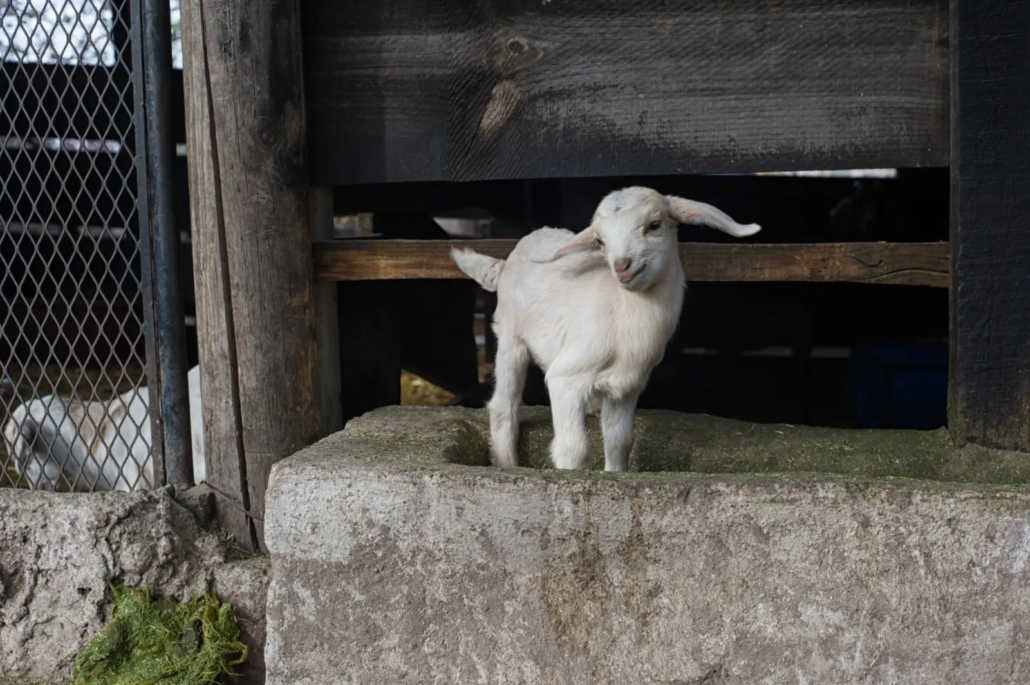
Coqueta (Coquette)
This little goat is very friendly and playful, every morning she jumps on the rocks and branches inside and outside the corral. She is very docile and accustomed to contact with visitors. She feeds on branches and shoots of tender trees and maguey fodder. Every morning the herd goes out to graze in the ranch’s pastures and returns to its pen at midday.
Next Workshops
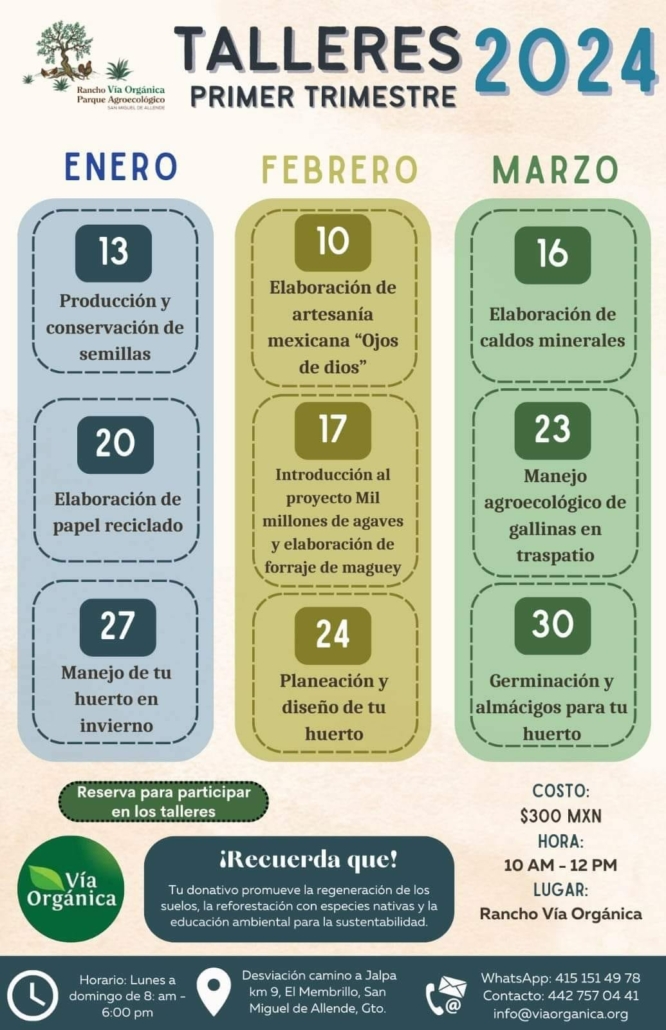
Check the Full Calendar here Book your event here
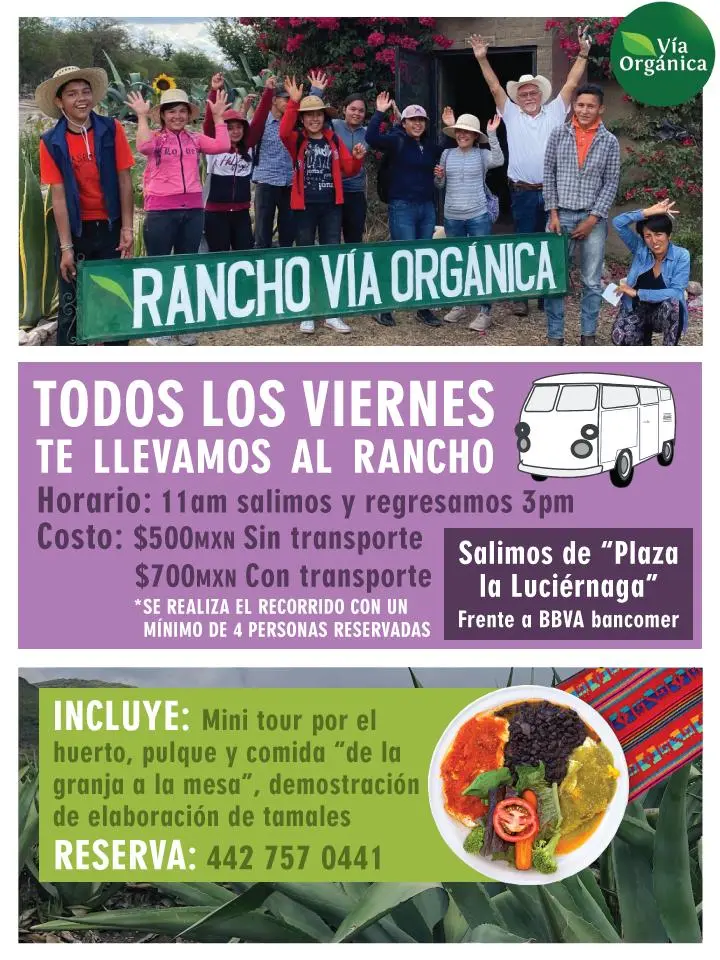
EVERY FRIDAY WE TAKE YOU TO THE VÍA ORGÁNICA RANCH!
Includes transportation, lunch, mini tour of the garden and tamale making demonstration.
RESERVE ON THE FOLLOWING PHONES:
Office: 44 2757 0441
Whatsapp: 41 5151 4978
DON’T FORGET TO VISIT US!
Remember that we are open from 8 am to 6 pm
Carretera México/ Querétaro, turnoff to Jalpa, km 9
Agroecological Park Vía Orgánica.
For information on our products, seeds and harvest,
call our store at 442 757 0490.
Every Saturday and Sunday nixtamalized tortilla with Creole and local corn!
Enjoy our sweet and sour kale chips for children and not so children!
FOLLOW US!
 FACEBOOK
FACEBOOK  TWITTER
TWITTER  INSTAGRAM
INSTAGRAM
SHARE THIS NEWSLETTER!
 Share
Share  Tweet
Tweet  Forward
Forward







